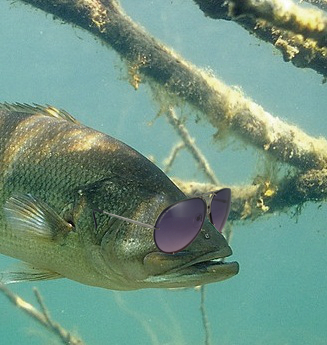Sea shift allows invasion
 Climate change is helping tropical fish invade the normally cooler Australian waters
Climate change is helping tropical fish invade the normally cooler Australian waters
A new University of Adelaide study examined fish communities on rocky reefs in south-eastern Australia, revealing changes in marine biodiversity.
Professor Ivan Nagelkerken, chief investigator, says tropical fish larvae are being carried into temperate ecosystems by the strengthening Eastern Australian Current - a phenomenon linked directly to the warming climate.
“These larvae would not normally survive in the cooler Australian ocean water, but the warming Eastern Australian Current keeps the baby fish warm and increases their likelihood of survival,” Nagelkerken says.
While the introduction of these novel populations of tropical fish into temperate ecosystems is not yet causing significant impacts, future consequences are anticipated.
According to fellow researcher Professor David Booth; “Because water temperatures in temperate Australia are still a bit cool, these tropical fish do not grow to their maximum size and therefore are not fully competing with temperate Australian fish - yet.”
However, with ongoing ocean warming, these tropical fish are expected to reach their full size and begin to compete more directly with native species for resources.
“It is the expectation that these tropical fish will be permanently established in temperate Australia, where they will become serious competitors with the native temperate fish that have historically lived there,” added Booth.
The study, spearheaded by PhD student Minami Sasaki, primarily focused on New South Wales but similar temperature changes and ecological shifts are also being observed in south-western Australia and internationally.
A related study involving University of Adelaide PhD candidates Chloe Hayes and Angus Mitchell - conducted in collaboration with the Okinawa Institute of Science and Technology Graduate University and the University of Technology Sydney - found that tropical ‘generalist’ fish are thriving over temperate specialists due to physiological advantages conferred by warmer waters.
“This could make survival difficult for Australian fish that are native to these rapidly warming temperate environments,” Nagelkerken said.








 Print
Print